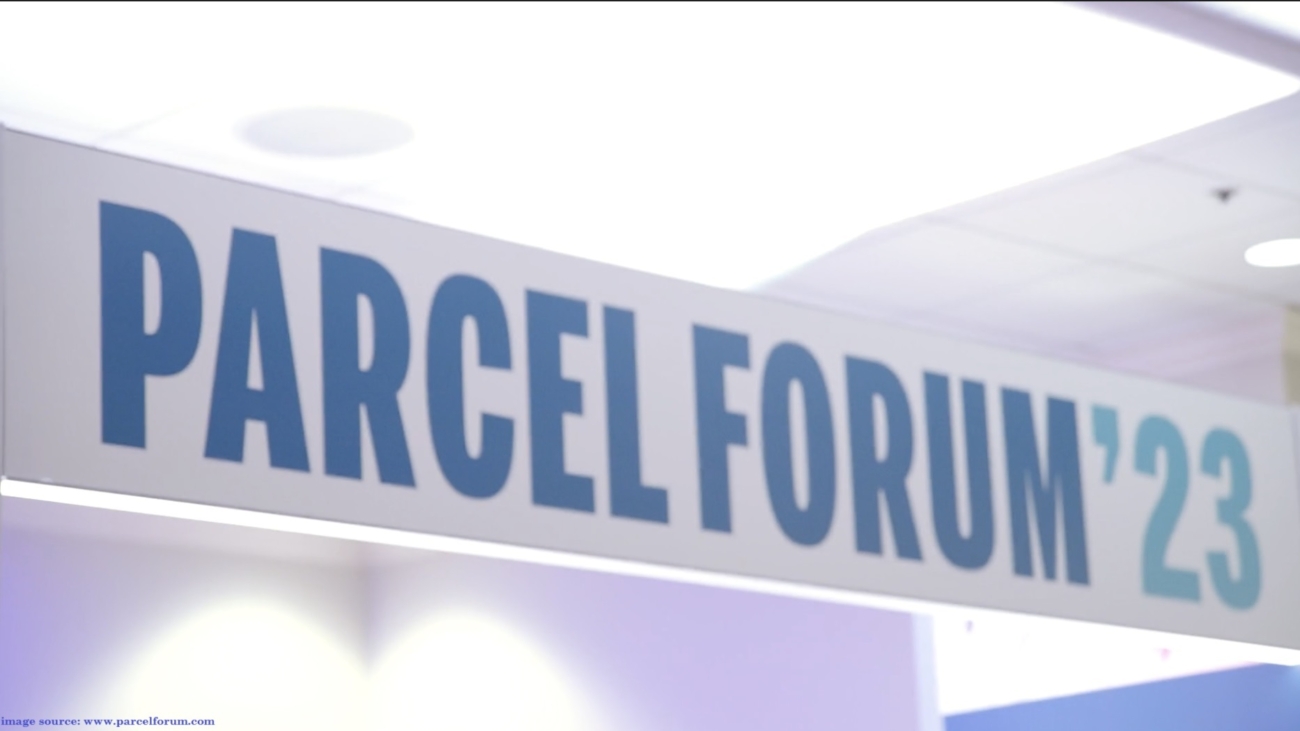Whether you are a novice shipper or a big conglomerate, learning the intricacies of small parcel shipping is essential. Are you interested in gaining insights into various aspects of the small-package supply chain industry? The conferences at Parcel Forum held for the past twenty years provide this opportunity to all. Shippers, carrier representatives, and consultants attend this conference annually. This year, in the home of country music, Nashville, Parcel Forum (PF ’23) was held from September 11-13, 2023.
Parcel Forum ’23 had workshops and keynote addresses from shipping experts. The event was for small parcel professionals from various backgrounds, company sizes, and experiences. The conference agenda included shipping practices, warehousing, packaging, parcel delivery, etc.
Key takeaways
My business partner, Vikram Malik, and I attended Parcel Forum ’23, an incredible experience. We had the opportunity to connect with our current and prospective clients. We had a chance to network with our clients and learn from our peers. Here are some of the key takeaways from PF’23:
1. The Workshops were on topics like
- Contract negotiations
There were interactive sessions with the presenters on shipping strategies and tips for negotiating carrier contracts. Examples of negotiations and case studies were a part of this workshop held exclusively for shippers.
- Automation and digital strategies for seamless operations
The session on inventory strategies and cost-effective automation was helpful for shippers, suppliers, and customers. In addition, it covered digital strategies for seamless operations from warehouse to destination.
- Managing complex international shipping
Controlling trade compliance risks and volume-based international solutions were discussed. Also, giving correct documents and strategically placed inventory were the highlights of this session.
- Leveraging data for supply chain efficiency
Using data to optimize order management, inventory management, and purchase were the highlights of this session. Further, the discussion was on data building blocks like Key Performance Indicators, dashboards, and data architecture.
2. Keynote speeches, presentations, and panel discussions were based broadly on the following areas
- Best shipping practices
Artificial intelligence and predictive technology help implement and predict the estimated delivery time of small parcels. Customer-centric shopping with reduced shipping costs was part of another session at this conference. Robotic solutions for boosting order fulfillment can help shippers. Further, implementing customer-centric returns while decreasing shipping costs was discussed.
In addition, the best practice to unlock parcel savings is by reviewing shipping contracts and invoices. The economics around free shipping and how to design profitable programs were enlightening for the audience. AI and algorithms are helping reduce packaging costs for shippers. Moreover, technology will help shippers control the fulfillment process and maximize customer retention.
3. Carrier diversification
The factors to consider when partnering with a new shipping carrier by reviewing existing carrier activities are necessary. Further, choosing multiple parcel carriers helps in saving costs, carrier efficiency, and shipping volume discounts. The conference focused on a four-step process to maximize carrier benefits. Companies with limited resources can get the best from the national carriers, which was part of the learning objective.
There was a case study session on carrier diversification, its benefits, risks, and practical tips for securing competitive proposals from parcel carriers. Using technology to automate carrier decision-making was insightful for the audience. Shippers understood the impact of dynamic pricing and its effect on businesses.
The keynote address by USPS Postmaster General Louis DeJoy focused on the Postal Service Management team making significant changes to create an efficient and high-performing organization.
4. Warehousing solutions
The advantages of on-demand warehousing and the latest technologies for the digital transformation of the supply chain industry were on the agenda. Robotics and automation are increasing employee efficiency and customer satisfaction. The speakers shared successful examples of AI implementation in warehouse operations, which was very enlightening.
The best way to do slot assessment of warehouse operations is to increase operation efficiency. Changing customer expectations, advanced technology, and labor shortages transform warehouse management. We liked the panel discussion on choosing the right warehouse management system (WMS) for warehouses to support end-to-end supply chains.
5. Data Analytics
The use of predictive intelligence platforms to monitor and predict timely parcel delivery was a part of the FedEx keynote address. Meanwhile, the attendees learned new ways to reduce shipping costs using data modeling. How analytics and data are helping shippers create reliable and cost-effective supply chains was explored.
The increasing demand for predictive analytics helps shippers make better shipping decisions. Shippers can analyze and optimize their supply chain by leveraging track-and-trace technology. The real-time data is critical in reducing waste, optimizing shipping operations, and reverse logistics control.
6. Shipping forecasts
Online retailers have to adapt to changing online shopper expectations in the future. There was an in-depth analysis and prediction for the 2024 General Rate Increase (GRI) by FedEx and UPS. Valuable insights on 2024 accessorial fees and strategies to leverage data were a part of the discussion.
Further, the audience learned the trends reshaping the 3 PL market in 2024. Experts gave valuable inputs on how to negotiate 2024 contracts. Further, shippers can reduce parcel costs with strategies like zone skipping, inventory management, etc.
Parcel Forum’23 shed light on the labor shortages faced by companies and provided strategies to retain the workforce. Agile supply chains using AI can provide operational visibility to shippers. Industry experts gave their opinions on the growth of transport management systems (TMS) and their role in optimizing shipping strategies.
Conclusion
The conference helped us network with peers and learn more about the supply chain industry. Audintel helps shippers with its automation tools and interactive dashboards. Our clients use real-time shipping data and save shipping expenses. We also provide crucial negotiation strategies when shippers sign carrier contracts. Further, our team helps shippers in receiving refunds from shippers. Schedule a meeting with our team by contacting us at +1 (619) 354 8539. Alternatively, visit our Audintel website for further information.




